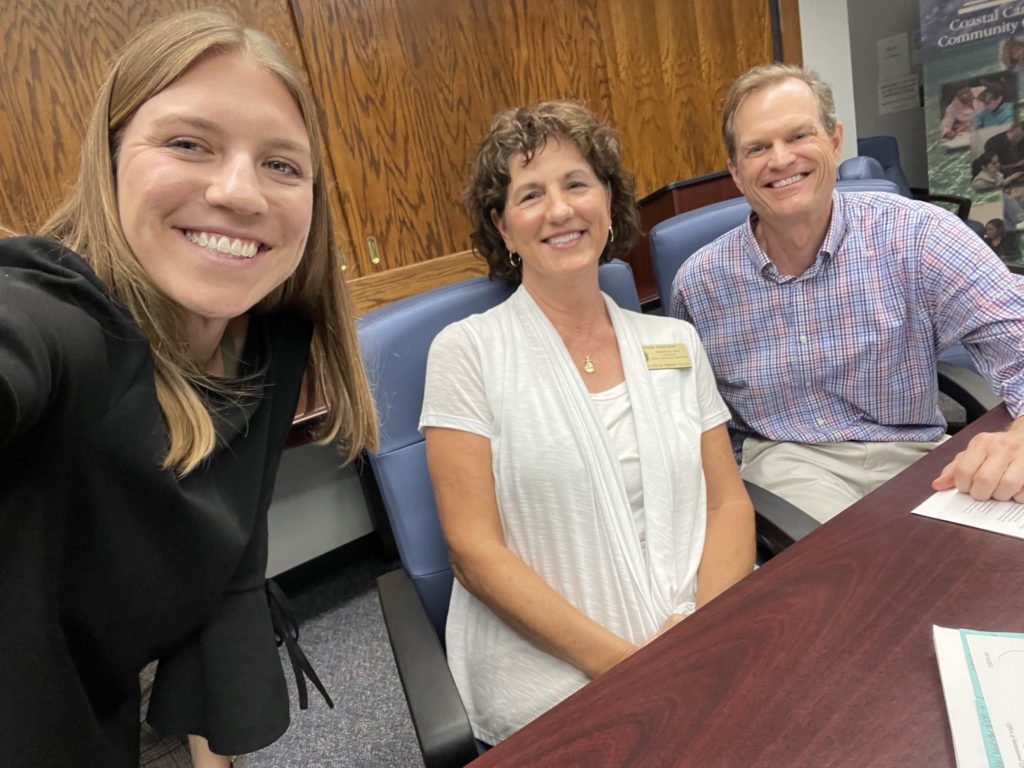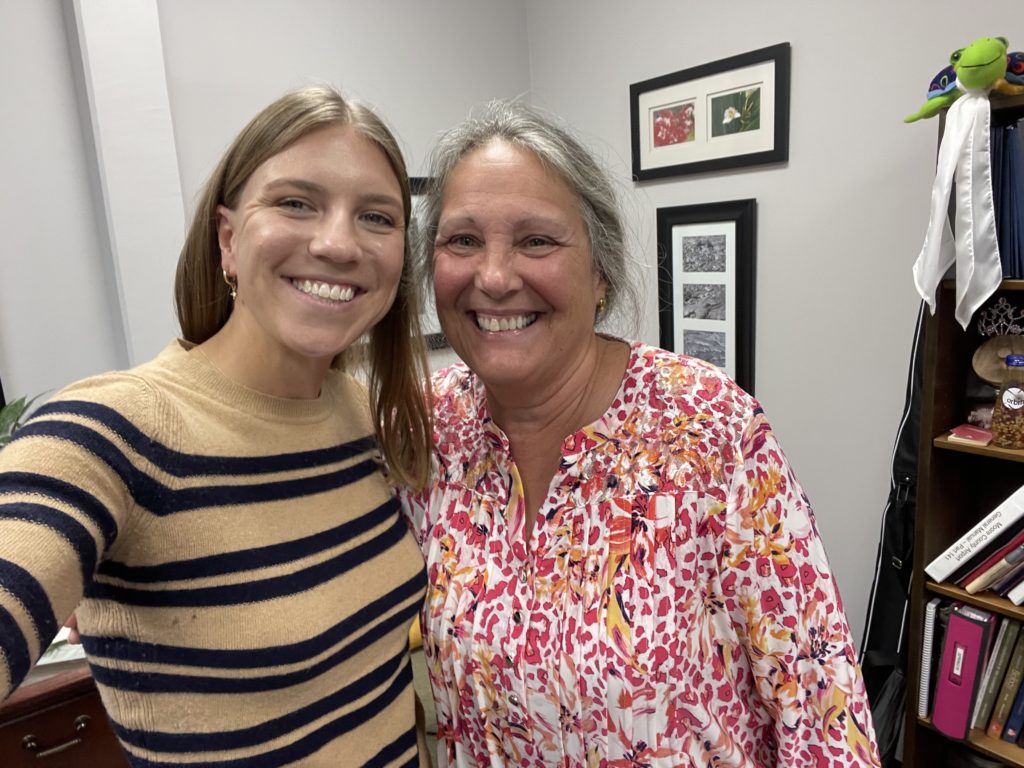Pilots to support classrooms, parents — from Buncombe to Hertford
Early Bird readers, hello again. Newcomers, welcome! If you were forwarded this email, you can sign up here to receive it every two weeks, and join our conversation on issues facing North Carolina’s young children and those who support them. If you’re already a subscriber, please help us reach more people by sharing this with your friends and co-workers interested in early childhood education.

Thank you to the most recent early childhood leaders I’ve had the privilege of learning from, at Sandhills and Coastal Carolina community colleges.
EdNC is more than 75% of the way through our tour of all 58 community colleges, and the team has asked about early childhood teacher preparation and child care needs of students and communities at each stop. Our early childhood team can’t wait to dig through (tons of) information and bring you lessons, stories, and solutions.
Since last time, we’ve got two important stories for you. The first is about five pilots across North Carolina (one in Asheville, three in the Triangle area, and one in Hertford and Northampton counties) aimed at reducing racial disparities in early childhood exclusionary discipline.
My early childhood teammate Katie Dukes has been writing about what we do know (including the harmful impacts) and don’t know (including prevalence in private settings) about early childhood suspensions and expulsions.

Last week she brought us promising models funded by the Blue Cross Blue Shield of North Carolina Foundation (full disclosure: the foundation supports the work of EdNC) that are aimed at addressing the issue with strategies from professional development and smaller class sizes to family engagement and trauma-informed classroom tools.
Second, check this piece out for results from two surveys from organizations asking candidates about education issues, from birth through high school graduation. The North Carolina Early Education Coalition and the Public School Forum of North Carolina asked individuals running for state and federal office their thoughts on challenges facing children, families, educators, and schools. Some themes arose: support for high-quality early learning options, higher teacher compensation, and mental health supports for students. But candidates had a wide variety of responses on exactly how those goals should be reached.
As Election Day approaches, let us know what questions you have around education policies and those who shape them.
Early Bird reads: What we’re writing
North Carolina is home to five promising models for eliminating preschool suspensions, expulsions, and exclusions
“A long-range vision would be for us to be the flagship state that really solves the issue and then share our successes with other states,” said Valerie Jarvis McMillan, an associate professor at NC A&T State University, in an interview with EdNC.
“But the first way to put us on the path of reaching that vision is to start talking about what we’re doing, in targeted national platforms.”
What 2022 candidates have to say about early childhood and K-12 education
Six candidates for Congress and 39 state legislative candidates responded to the early childhood survey. Find their responses here. And you can find answers from the 129 General Assembly candidates who have responded to the K-12 survey on this map by selecting either “House” or “Senate,” and then scrolling over each county.
In other early learning news: What I’m reading
Exclusive: Federal aid helped child care providers stay open. Now the help is wearing off - From USA Today
Young Children Were Massively Overlooked for Special Education. How Will Schools Respond? - From Education Week
Gov. Cooper visits Fayetteville State after $655 million distributed to NC child care centers - From The Fayetteville Observer
Research & Resources: Let's talk home-based child care barriers
Home-based child care providers have played an important role in North Carolina during the pandemic, as I wrote about in 2020. At the time, the state was spending some of its pandemic relief funds to help providers access tools to help manage their businesses.
But a new report finds the state has a long way to go in supporting its network of home-based care. Only 4% of licensed child care slots in North Carolina are within home-based settings. In Virginia, they make up 27% of licensed care. In Minnesota, they make up 44%.
The report was authored by Louise Stoney, a consultant with Stoney Associates who specializes in early childhood finance and policy. Stoney wrote that the there are significant policy challenges surround “helping new sites open, addressing licensing standards (or interpretation of standards) and accessing funding and other barriers to expanding the supply of home-based child care.”
Go here to read the analysis, including how current policies could be more supportive towards expanding this crucial network. Asheville Citizen Times reporter Christian Smith also wrote about the report’s findings as it relates to local child care challenges.
Sign up for Early Bird, our newsletter on all things early childhood.

